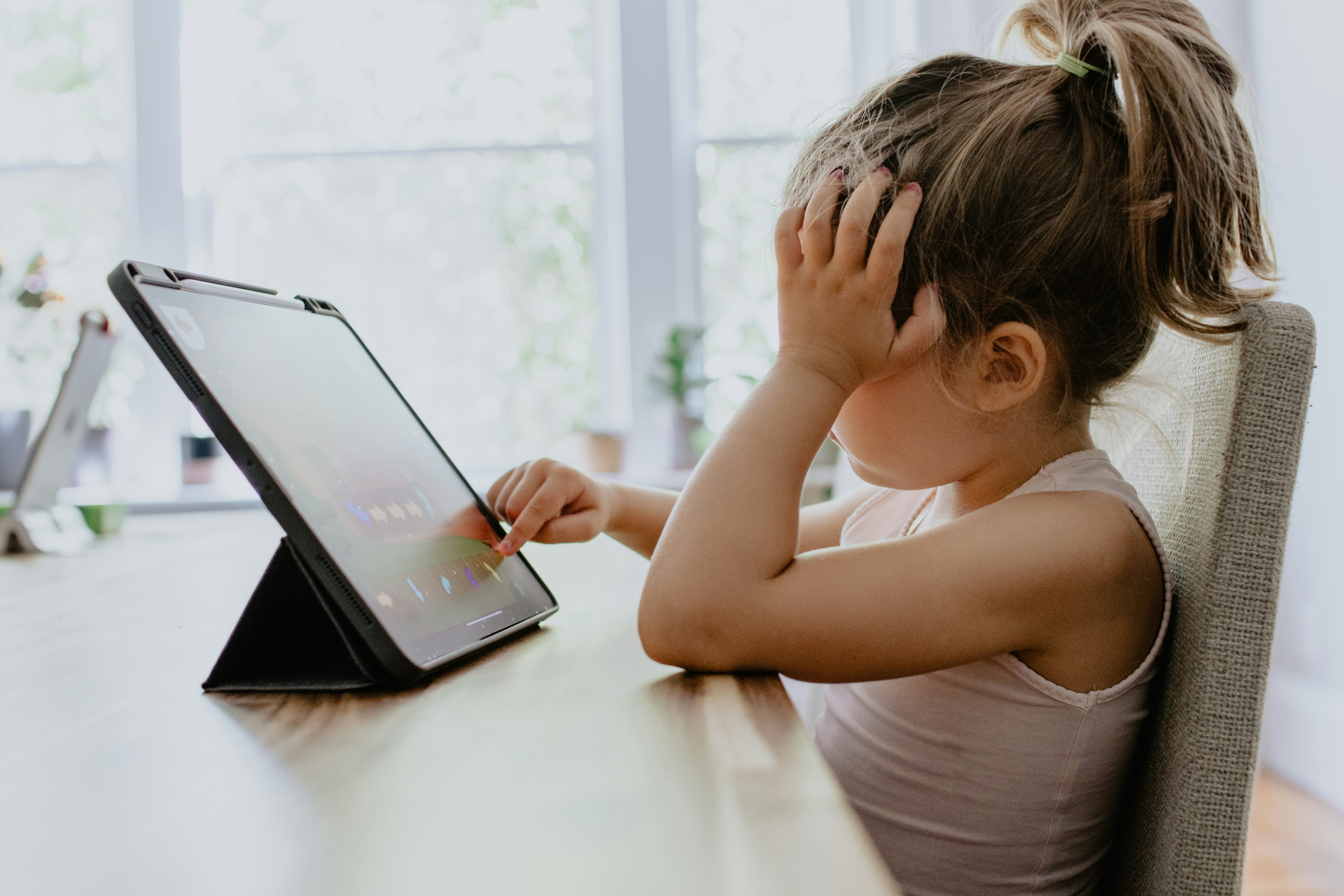Expert Reaction
These comments have been collated by the Science Media Centre to provide a variety of expert perspectives on this issue. Feel free to use these quotes in your stories. Views expressed are the personal opinions of the experts named. They do not represent the views of the SMC or any other organisation unless specifically stated.
Dr Megan Gath, Senior Lecturer at the Child Well Being Institute, University of Canterbury, and an author of this study, comments:
Young children are spending an increasing amount of their time online and are accessing the online world through a range of different types of devices, such as tablets, smartphones, and gaming devices. While spending time online, there is a risk that children come across content or experiences that are upsetting or distressing, including inappropriate or adult content, cyberbullying, and interactions with strangers.
"Our research found that by 8 years of age, a quarter of New Zealand children (26.6%) have experienced online harm. Children with behavioral difficulties (such as attentional difficulties and conduct problems) were at greater risk of online harm, as were children who owned more personal devices. Gaming devices had the greatest impact on increasing the risk of online harm, followed by computers/laptops, and TVs. Children who own personal devices (as opposed to devices shared in the household) may be at greater risk of online harm if they are using these away from adult supervision.
"Limiting children’s personal devices, particularly those that are used without adult supervision, and using collaborative rather than controlling strategies for managing child media use are two key steps parents can take to prevent online harm. Preventing early experiences of online harm is vitally important given that children who had experienced online harm reported higher rates of depressive symptoms and lower self-worth than children who had not experienced online harm.



 New Zealand
New Zealand



